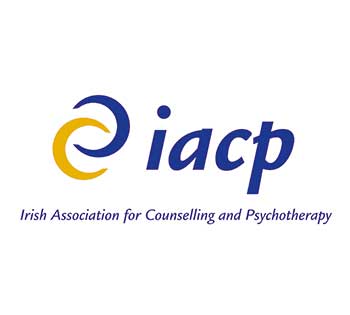“No one will talk to me”, “I won’t find my way around the place”, “Everyone will look at me”, “They all think I’m weird”, I won’t be able to make new friends”.
Does your teenager say things similar to that?
Most teenagers, as they undergo the transition from childhood into adulthood, experience insecurities that lead them to believe the worst-case scenarios for a variety of situations. This inner voice is universal and it is there to protect us from danger. However, that inner voice can often lead to anxiety, depression, and anger and therefore interfere with a successful transition into secondary school, making new friends and being open to new experiences in general.
Research in psychology has shown that our thoughts determine how we feel emotionally and physically and how we behave. The good news is, that the inner voice and harmful thinking patterns can be changed. As a parent/guardian we can help teens to understand that their inner voice can be changed and in turn, they will feel more confident and experience less anxiety and depression.
Negative thinking patterns
How our thoughts affect our feelings and behaviors is a foundational principle of Cognitive Behavioral Therapy (CBT), which is the form of therapy I practice. CBT teaches you how to recognise unhelpful negative self-talk, to tune in on how it makes you feel and behave, and then to challenge those thoughts to come up with a more realistic thought.
There are different types of unhelpful thought patterns. One of the most prevalent thoughts that teens engage in is “Catastrophising”, which is coming to the worst possible conclusion without any evidence. Another unhelpful thought pattern that is very common is “Mindreading”. For example, a teen may be walking into a classroom for the first time, and think that a particular student who is looking at them thinks that their outfit/hair/makeup, etc is not cool.
Tips on how you can help your teen
You can support your teen to settle in easier by helping them find a more realistic way of thinking about their situation. The idea is not to squash and dismiss those unhelpful thoughts, but rather have a closer look at them. Help your child to write the thoughts down and then ask questions such as “remember when you started your summer camp (or any other activity where they didn’t know many other children), how did you manage to make friends?”
Or let them think about times when they were able to show their strengths. Gather as much evidence that you can where the child has shown coping skills, found their way, made friends etc.
Once you have all the evidence, you can ask your child to come up with a more helpful way of thinking about starting secondary school. The new way of thinking might go something like: “Ok I am a bit nervous about starting a new school, it will take a few days to find my way around and make new friends, but I was able to do that in my summer camp”.
In the case of “Mindreading”, ask your teen to come up with possible alternatives. What other thoughts might be going through the pupil’s head who is looking at your teen? It could be something like “I think I’ll get my hair coloured” or “I shouldn’t have shouted at my sister before I left school” etc.
The idea is to help your teen manage their thoughts in a more helpful way. There are always other ways of looking at things or interpreting a situation. Helping your teen to think about past times when they were able to show resilience or good coping strategies will increase their self-belief and confidence to cope in current challenging situations.
Parents can take part in practicing this skill themselves, and act as role models and show their teens how to question unhelpful thoughts by looking at evidence for and against it and come up with alternatives. Take a helicopter view and see if there are possibly other ways of interpreting a situation.
Being able to manage thoughts that way is an invaluable life skill that will stand to your child and help build robust mental health for life.
If you would like more information please get in touch:
[email protected]
www.susilodolacounselling.com




